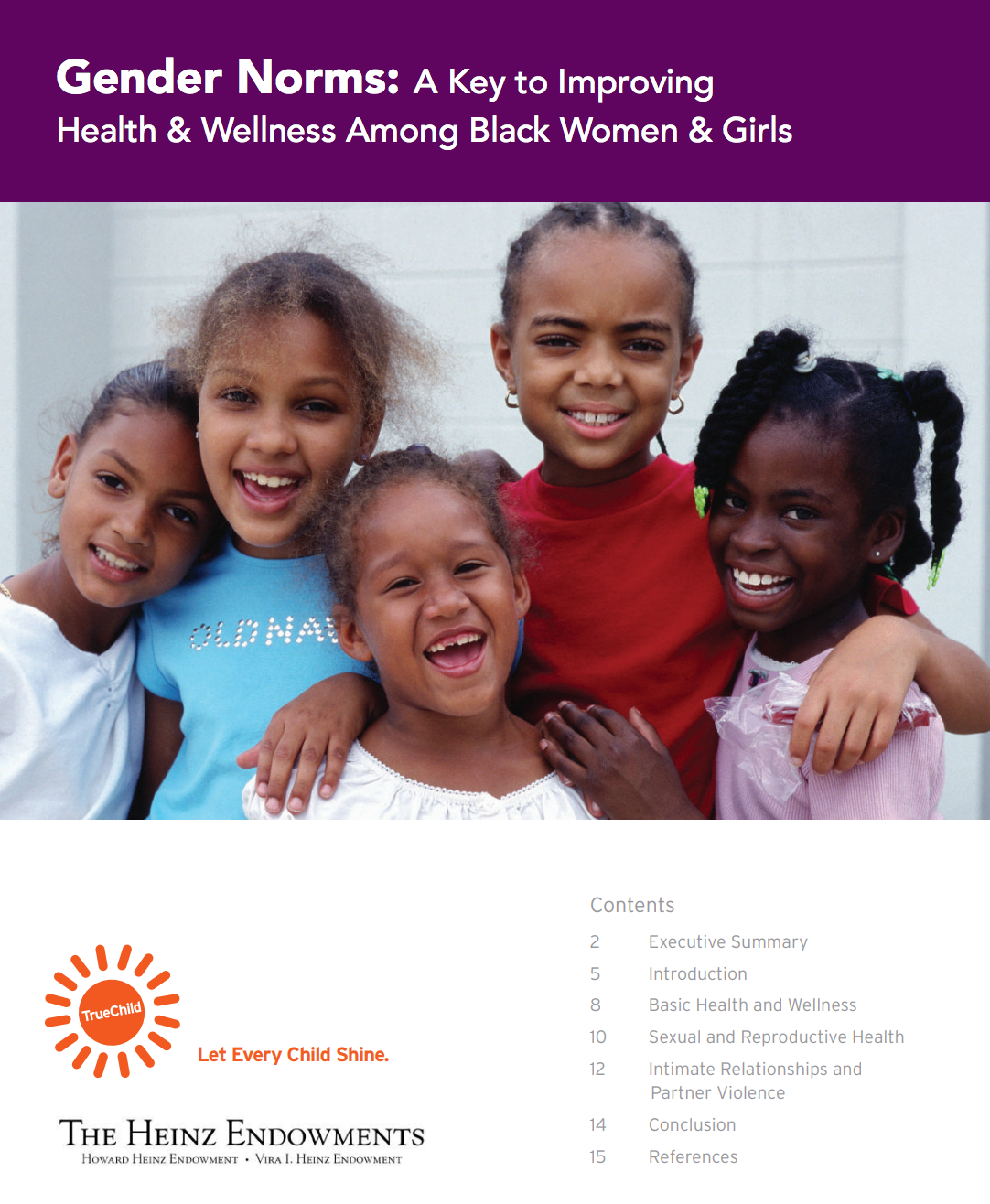Young Black Women
Gender+Racial Equity Footprint
Climate justice & Gender justice
gender-informed giving
Economic Security
Homophobia & Teen Suicide
juvenile justice, race & Gender
MINNESOTA: A State gender Survey
More effective FuNDING: A Guide
Science & Math (STEM)
School Push-outs
SEX TRAFFICKING & MASCULINITY
Young Black Men
Young Black Women
Young Latinas (Jovenas Latina)
Young Jewish Women
Transgender Violence
Women: The Global South
Young Black Women & Girls
Black adolescent girls face special barriers related to both race and gender, which have immense effects on their health, achievement, and life outcomes. This is especially the case for low-income Black girls, who have added challenges associated with poverty.
Class
It is not that Black girls in affluent suburban communities do not experience similar problems with gender norms. Rather, it is that in higher income neighborhoods, the impacts of rigid feminine norms are buffered by more personal resources and social capital.
Basic Health & Wellness
Black girls have unique race and gendered experiences of discrimination, which results in multiple stresses that impair their immune system and expose them to higher rates of disease and lowered levels of health and well-being. These experiences with stress begin in childhood and continue into adulthood.
Black girls must navigate social hostilities based on race as well as pressures to conform both to traditional feminine ideals of the larger culture and those specific to Black communities. They must also cope with the inequities inherent in a gender system that pushes males to be strong, independent and dominant, and females to be dependent, passive and weak.
A "Weathering Effect"
The additive impact of these stresses can cause a "weathering effect,” in which Black girls’ bodies become physically and biologically vulnerable. This "weathering effect” is one reason why the Centers for Disease Control and Prevention (CDC) found that Black women have disproportionately high rates of chronic disorders and reproductive health problems.
The "Sojourner Syndrome"
Feminine norms in the Black community may expect that Black girls put children and family first. Therefore, they may face pressure to prioritize care-taking from an early age, such as accepting responsibility for siblings, parents or infirm grandparents.
This high value that is placed on self-sacrifice may become internalized by Black girls to focus on others while disregarding their own health, ignoring signals of pain or illness, and delaying medical treatment until they experience negative health outcomes. This concept of Black girls and women suffering from the stress of being Black and female has been termed the "Sojourner Syndrome."

